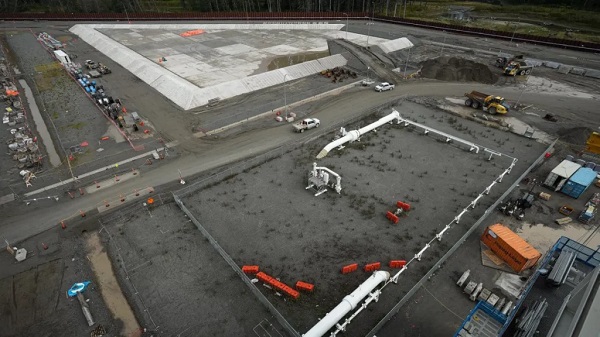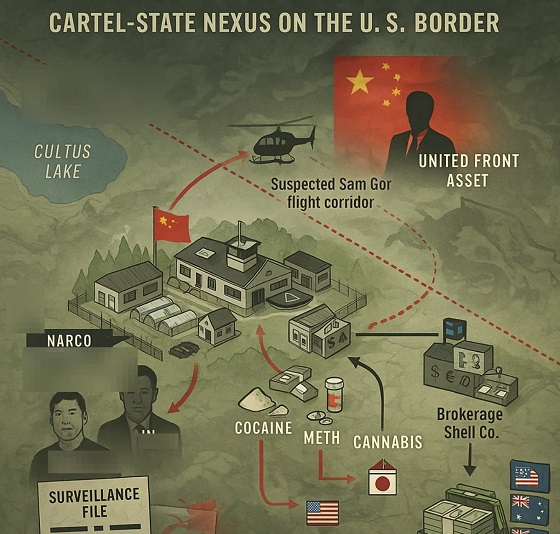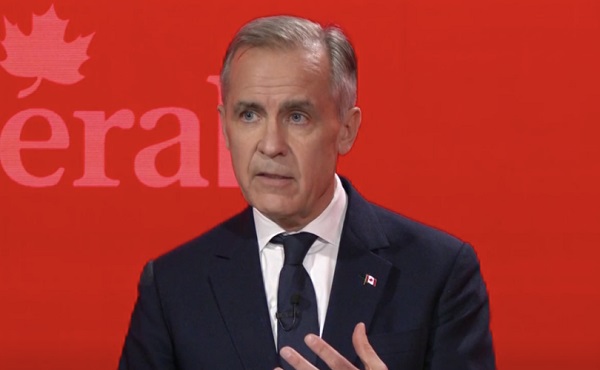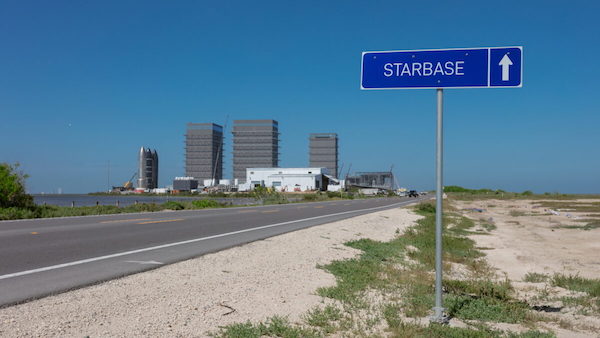Community
Are low electrical bills inviting a National Electricity Strategy?
Is it time to have or implement a National Electrical Strategy?
I live in Red Deer, a small city in Central Alberta. My electrical bill last month was $95.
The average household, according to Google, in Canada uses 972 KWHs monthly, but I used 848 KWHs last month, so if I had been an average user then my bill would have been $109.
My electrical bill shows that my electrical use cost only $32.40 while administration cost $6.99, distribution cost $25.90 transmission fees cost $23.86, include access fees, rate riders and balancing pool allocations and GST and my bill came to $95.
Talk of carbon taxes, green energy would increase my energy costs. Fine, increasing my energy costs by 10% would mean an increase of only $3.24 because all the other charges should not go up. Changing fuel or supply should not affect administrators, power lines, poles or switches.
I started requesting electric bills from homes in other parts of Alberta and the costs varied from 3.75/ kwh to 5.99/kwh and the other costs varied in name and amount for varying total costs per kwh from 11.7 to 15.75/kwh. So at 848 kwh my bill would go from $95 up to $133.56 depending on location.
Alberta is deregulated and you have options of providers. Floating and fixed rates, but the other fees are always added.
A home in Vancouver showed an average 11.37/kwh so my bill would be $96.50, very similar to my Alberta bill. Vancouver is vastly different and denser market. Vancouver has 5,249 people per km. or 2100 homes per square km.
Alberta has a population of 4,252,879 people in 640,081.87 sq. kms. For a density of 6.7 people per square km. or 2.7 homes per square km. So you would think that the costs would be astronomically higher to compensate for the vast distances, and the increased wiring, poles, and installation of such, but apparently not.
So I thought about Ontario. Population of 13,982.984 in 908,607 square kms of land. 15.4 people or 6.2 homes per square kms. More than twice the density of Alberta. The transmission and distribution costs should be equal to or less than sparsely populated Alberta. I started requesting power bills from home owners in Ontario, especially in rural Ontario.
The first bill came from Winchester, 40 kms. from Ottawa. It showed a monthly usage of 661.24 KWHs. Energy costs varied from 8.7/kwh of low peak to 18/kwh during high peak for energy cost of $79.06. Add in delivery charge of $65.41, regulatory fees and HST and the bill comes to $164.96. Or 25/kwh. My current bill would now be $211.55 if I lived in Winchester.
The second bill came from a family outside Chesterville. It showed higher usage, perhaps because of location, age of appliances or lifestyle. Energy use of 1281 KWHs for a bill of $278.93 or 22/kwh. My bill would then be $184.65 if I lived outside Chesterville.
Albertans get their power from natural gas (44%), coal (39%) and even hydro (6%) while Ontario get their power from Nuclear, (66%) and Hydro (22%) But in Alberta, we are expecting increases in our power bills due to carbon taxes, green initiatives and the new power lines being built to the southern border. Paid for by current users to provide power south of the border. Ontario has some similar changes and challenges ahead to incur expectations of increased costs. Is this proper?
Alberta is only 70% the size of Ontario, our population is only 30% of Ontario, yet Alberta power bills are substantially lower. Capitalists will tell you that larger markets like Ontario, means lower costs, as one would also expect with increased density as in this case, Ontario.
Alberta deregulated the electrical sector increasing competition. Would that help or exasperate the problem in Ontario? Should the vast majority of urban homes subsidize the rural users? Should a standard rate be applied to all in Ontario?
To recap with averages of 972 KWHs per home per month it would cost $110.61 in Vancouver B.C., $108.90 in Red Deer Ab., $242.48 in Winchester Ont. And $211.65 in Chesterville Ont. Definitely not a level playing field, is it?
Is it time for the Federal Government to create a National Electrical Strategy? We could at least study on it.
What do you think?
Community
Support local healthcare while winning amazing prizes!

|
|
|
|
|
|
Community
SPARC Caring Adult Nominations now open!

Check out this powerful video, “Be a Mr. Jensen,” shared by Andy Jacks. It highlights the impact of seeing youth as solutions, not problems. Mr. Jensen’s patience and focus on strengths gave this child hope and success.
👉 Be a Mr. Jensen: https://buff.ly/8Z9dOxf
Do you know a Mr. Jensen? Nominate a caring adult in your child’s life who embodies the spirit of Mr. Jensen. Whether it’s a coach, teacher, mentor, or someone special, share how they contribute to youth development. 👉 Nominate Here: https://buff.ly/tJsuJej
Nominate someone who makes a positive impact in the live s of children and youth. Every child has a gift – let’s celebrate the caring adults who help them shine! SPARC Red Deer will recognize the first 50 nominees. 💖🎉 #CaringAdults #BeAMrJensen #SeePotentialNotProblems #SPARCRedDeer
s of children and youth. Every child has a gift – let’s celebrate the caring adults who help them shine! SPARC Red Deer will recognize the first 50 nominees. 💖🎉 #CaringAdults #BeAMrJensen #SeePotentialNotProblems #SPARCRedDeer
-

 Alberta1 day ago
Alberta1 day agoPremier Smith seeks Alberta Accord: Announces new relationship with Ottawa
-

 Energy1 day ago
Energy1 day agoIt’s time to get excited about the great Canadian LNG opportunity
-

 International1 day ago
International1 day agoIce Surprises – Arctic and Antarctic Ice Sheets Are Stabilizing and Growing
-

 Crime1 day ago
Crime1 day agoInside B.C.’s Cultus Lake Narco Corridor — How Chinese State-Linked Syndicates are Building a Narco Empire in Canada
-

 Energy2 days ago
Energy2 days agoIs the Carney Government Prepared to Negotiate a Fair Deal for the Oil, Gas and Pipeline Sectors
-

 Alberta1 day ago
Alberta1 day agoEnergy projects occupy less than three per cent of Alberta’s oil sands region, report says
-

 Health2 days ago
Health2 days agoJay Bhattacharya Closes NIH’s Last Beagle Lab
-

 Business2 days ago
Business2 days agoWelcome to Elon Musk’s New Company Town: ‘Starbase, TX’ Votes To Incorporate




